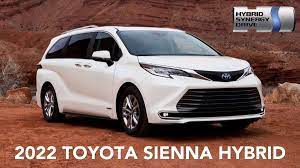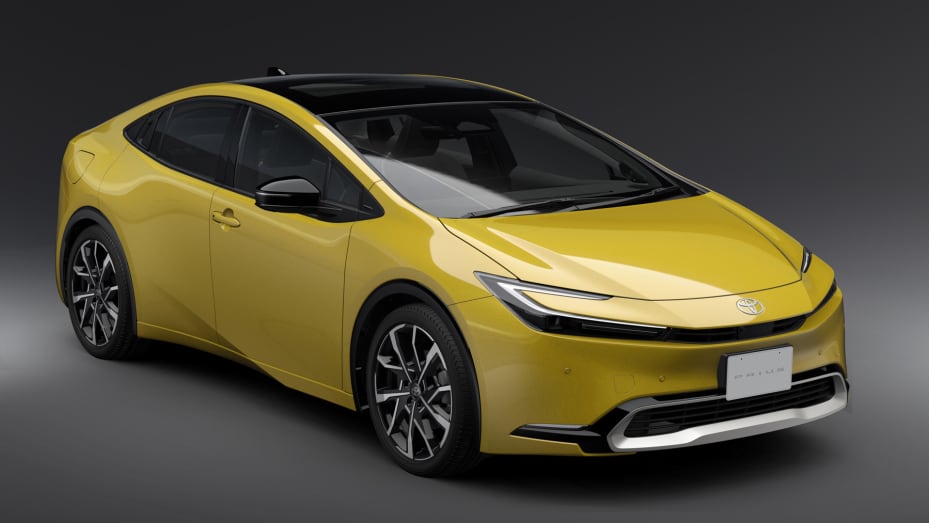The electric car revolution is in full swing, and it’s changing the way we think about our transportation. In recent years, the electric car market has exploded, with more and more consumers turning to EVs as an environmentally friendly alternative to gas-powered vehicles. However, it can be difficult to navigate the different types of alternative-fuel vehicles on the market, particularly when it comes to electric cars and hybrid cars. So, what’s the difference between these two types of vehicles, and which one is right for you?
An electric car, also known as an all-electric car, is a vehicle that runs solely on electricity. Electric cars are powered by an electric motor that draws power from a rechargeable battery. When the battery runs low, it can be recharged from an electrical outlet or a charging station. Electric cars produce no emissions, which makes them an environmentally friendly option for those looking to reduce their carbon footprint. They are also usually more efficient than gas-powered vehicles, which means you’ll spend less money on fuel.
A hybrid car, on the other hand, is a vehicle that uses both a traditional internal combustion engine and an electric motor to power the vehicle. The gasoline engine and electric motor work together to provide optimal fuel efficiency and performance. The electric motor is powered by a rechargeable battery, which is charged by the gasoline engine or through regenerative braking. This means that the car can run on electricity alone for a short distance, such as in stop-and-go traffic, before switching over to the gasoline engine. This allows hybrid cars to achieve better fuel economy than traditional gas-powered vehicles while still producing emissions.

When it comes to range, electric cars have the advantage. The average electric car can travel around 100 miles on a single charge, while hybrids are typically only able to travel a few miles on electric power alone. However, hybrids have the advantage of a gasoline engine, which means you can travel much further without having to stop and recharge. This makes hybrids a good option for those who need to travel long distances or for those who are worried about range anxiety.
In terms of cost, electric cars are usually more expensive than hybrids. The high cost of electric cars is largely due to the expensive batteries required to power them. However, the cost of electric cars is decreasing as battery technology improves, and many governments offer incentives for purchasing an electric vehicle, making them more affordable for many consumers. Hybrids, on the other hand, are usually less expensive than electric cars, but they still tend to cost more than traditional gas-powered vehicles.
In terms of performance, electric cars are usually faster and more responsive than hybrids. The electric motor provides instant torque, which means electric cars can get up to speed quickly and smoothly. Hybrids, on the other hand, can be slower and less responsive, as they need to switch between the gasoline engine and the electric motor. However, hybrids are usually more fuel-efficient than traditional gas-powered vehicles, which makes them a good option for those who want to save money on fuel costs.
When it comes to charging, electric cars are usually more convenient than hybrids. Electric cars can be charged at home overnight using a standard electrical outlet or a charging station. This means you don’t need to stop at a gas station to refuel. Hybrids, on the other hand, require regular trips to the gas station, which can be inconvenient for some drivers. However, hybrids do not need to be charged, which means you won’t have to worry about finding a charging station when you’re on a long road trip.
Finally, in terms of the environment, electric cars are the more environmentally friendly option. Electric cars produce no emissions, which means they are better for the environment than hybrids. Hybrids do
Pros of Electric Cars:
- Low Maintenance: Electric cars have fewer moving parts compared to traditional gas-powered cars, meaning they require less maintenance and have lower upkeep costs.
- Low Running Costs: Electric cars are much cheaper to run than their gas-powered counterparts due to lower fuel costs.
- Zero Emissions: Electric cars produce zero tailpipe emissions, making them an environmentally friendly option.
- Improved Performance: Electric cars offer instant torque and improved acceleration, making for a more responsive and engaging driving experience.
- Government Incentives: Many governments around the world offer tax credits, rebates, and other incentives for drivers of electric vehicles.
Cons of Electric Cars:
- Limited Range: Currently, most electric cars have a limited driving range, meaning drivers need to plan their trips carefully or risk running out of power.
- High Upfront Cost: Electric cars are often more expensive to purchase than their gas-powered counterparts, although this price is offset over time with lower running costs.
- Charging Infrastructure: While the charging infrastructure for electric cars is improving, it is still not as widespread as traditional gas stations.
- Long Charging Time: Charging an electric car can take longer than refueling a traditional car, meaning drivers need to plan their trips and charging accordingly.
- Battery Degradation: Over time, the battery in an electric car may degrade, meaning it will hold less charge and may need to be replaced.
Pros of Hybrid Cars:
- Improved Fuel Efficiency: Hybrid cars offer improved fuel efficiency compared to traditional gas-powered cars, meaning drivers save money on fuel costs.
- Reduced Emissions: Hybrid cars produce fewer emissions than traditional gas-powered cars, making them an environmentally friendly option.
- Increased Driving Range: Hybrid cars have a longer driving range compared to electric cars, meaning drivers can travel further without refueling.
- Lower Upfront Cost: Hybrid cars are often more affordable to purchase than electric cars, although this price is offset over time with higher fuel costs.
- Wide Availability: Hybrid cars are widely available from a range of manufacturers, meaning drivers have a range of options to choose from.
Cons of Hybrid Cars:
- Higher Running Costs: Despite their improved fuel efficiency, hybrid cars still have higher fuel costs compared to electric cars.
- Limited Electric Range: While hybrid cars offer improved driving range compared to electric cars, their electric-only range is still limited.
- Complex Technology: Hybrid cars can be more complex than traditional gas-powered cars, meaning they may require more specialized knowledge and maintenance.
- Battery Degradation: Like electric cars, the battery in a hybrid car may degrade over time, meaning it will hold less charge and may need to be replaced.
- Limited Charging Options: Hybrid cars may have limited charging options compared to electric cars, meaning drivers may need to refuel more frequently.
